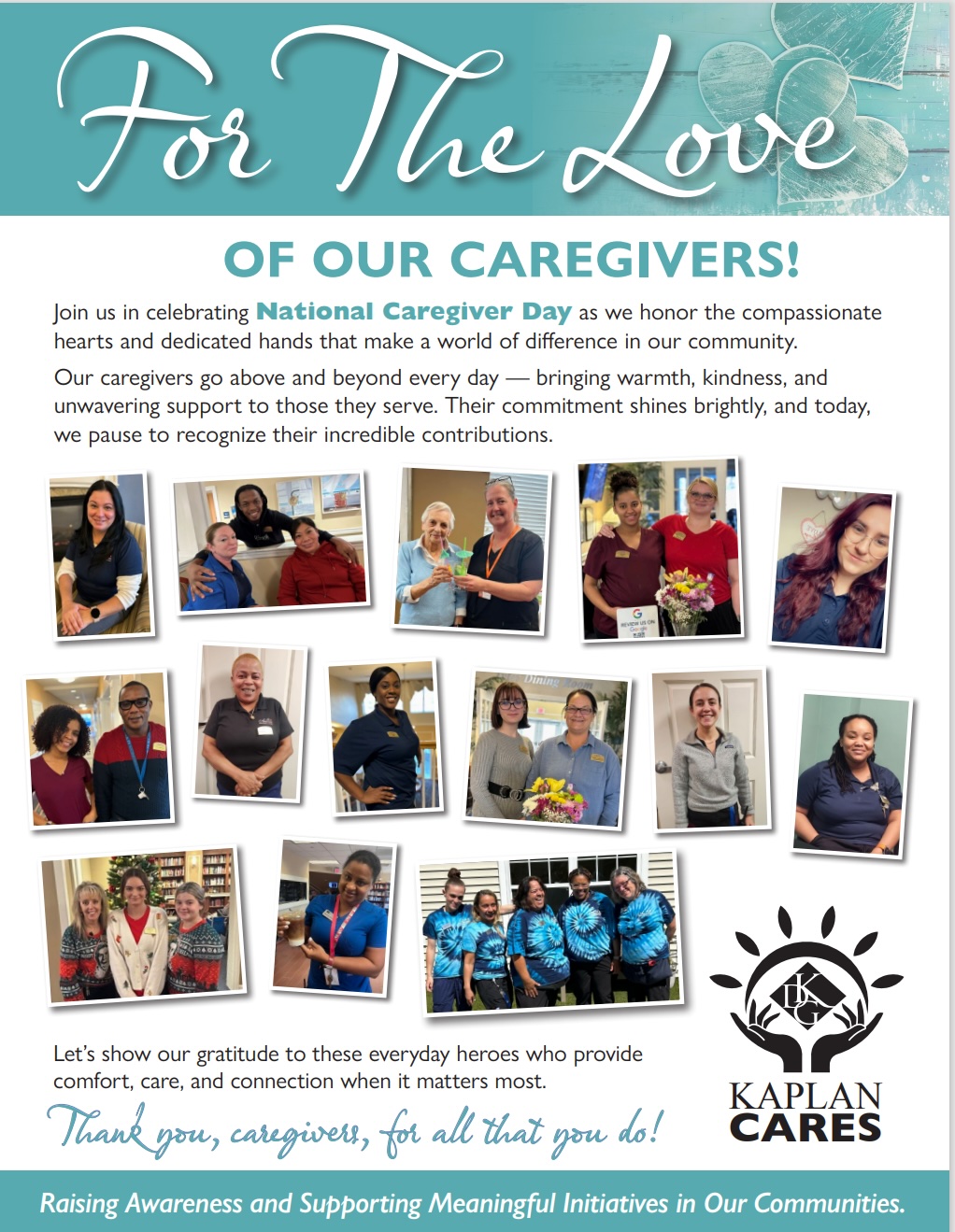As we grow older, our bodies tend to change and might not retain the same vigor and rejuvenating qualities they once did. It becomes increasingly important to dedicate time to exercising and maintaining a healthy lifestyle.
Your level of physical activity and eating habits can significantly impact your body and may go a long way toward preventing frailty as you age.
Our friendly staff at Bentley Assisted Living at Branchville are happy to speak with you about the benefits of assisted living and the services we can offer.
Physical Activity to Prevent Frailty
Physical inactivity contributes significantly to frailty as it can lead to several other conditions, including cardiovascular disease, diabetes, depression, or dementia. It is recommended that older adults practice resistance and balanced-based physical exercises to prevent falling and the progression of frailty.
Resistance-Based Exercises
One of the main objectives of physical exercise routines in older adults is to combat muscle loss and help them maintain strength. A consistent and scheduled routine can help older adults to maintain muscle, improve their gait, and decrease the risk of falls. Resistance-based exercises are known to improve things like posture, balance, and endurance.
Additionally, studies have shown that resistance-based exercises in older adults can help improve bone density and reduce osteoporosis development. By participating in these exercises, an older adult is more likely to reduce the risks or symptoms of frailty.
Balance-Based Exercises
Balance training may help older adults to improve their gait, reduce the risk of falling, and build physical endurance. Balance-based exercises may include heel-toe walking, tandem foot standing, and Tai Chi.
A combination of balance and resistance-based exercises can go a long way toward improving an older adult’s overall physical health. In turn, they may reduce the risk of falling and developing frailty.
Before adopting these exercise routines into your daily schedule, it is important to speak with your healthcare provider and talk to them about your plans and the best way to start regaining strength.
Nutrition to Prevent Frailty
Nutrition is another critical factor to consider when preventing frailty in older adults. Several macro and micronutrients have been shown to impact frailty prevention. Here are a few of them listed below:
Protein
A major reason that protein has been shown to help with frailty prevention is its role in muscle building. Some key frailty elements include limited muscle strength and poor and reduced physical activity. Incorporating a higher protein intake into one’s diet can increase muscle development.
It has been noted that many adult diets in North America lack the adequate amount of protein needed to stimulate muscle growth, which can lead to things like frailty. We recommend trying to incorporate more protein into your daily meals. Here are a few healthy high-protein foods you might consider adding to your diet:
- Eggs
- Almonds
- Chicken Breast
- Cottage Cheese
- Greek Yogurt
Vitamin D
Vitamin D is fat-soluble and helps the body to absorb and retain calcium and phosphorus. Both of these things are important for bone health and help our bones to remain strong. Several recent studies have concluded that low vitamin D in adults may increase the risk of becoming frail. An older adult that lacks sufficient vitamin D in their diet may be at a higher risk of falling, breaking a bone, and developing frailty.
Here are a few nutritious foods that have lots of vitamin D:
- Salmon
- Canned Tuna
- Egg Yolks
- Mushrooms
- Cow’s Milk
Before making any significant changes to your diet, it is important to speak with your doctor and ask for their opinion on increasing your protein and vitamin D intake.
What is Frailty?
According to the National Institute of Health, frailty can be described as a state of increased vulnerability resulting from age-related decline across multiple systems of the body.
Frailty is a condition that affects your physical abilities, which can make it more challenging to complete everyday tasks. Some key indicators of frailty include:
- Low grip strength
- Poor balance and increased risk of falling
- Low muscle strength
- Low energy
- Slow walking speeds
- Weight loss
What Causes Frailty?
Frailty can result from several reasons, and it is important to speak with your doctor if you are experiencing any noticeable symptoms. Here are a few of the common causes of frailty:
- Diseases like dementia or diabetes
- Chronic conditions
- Sarcopenia
How Can Assisted-Living Help?
Frailty can make it difficult to manage the daily tasks that go into living on your own or with others. Bentley Assisted Living at Branchville enables older adults to maintain independence without worrying about daily chores like cleaning, grocery shopping, or medication management. With plenty of amenities and group activities to choose from, you can remain active and entertained by spending time with our friendly staff and community. Book a tour today and learn more about what we have to offer.





